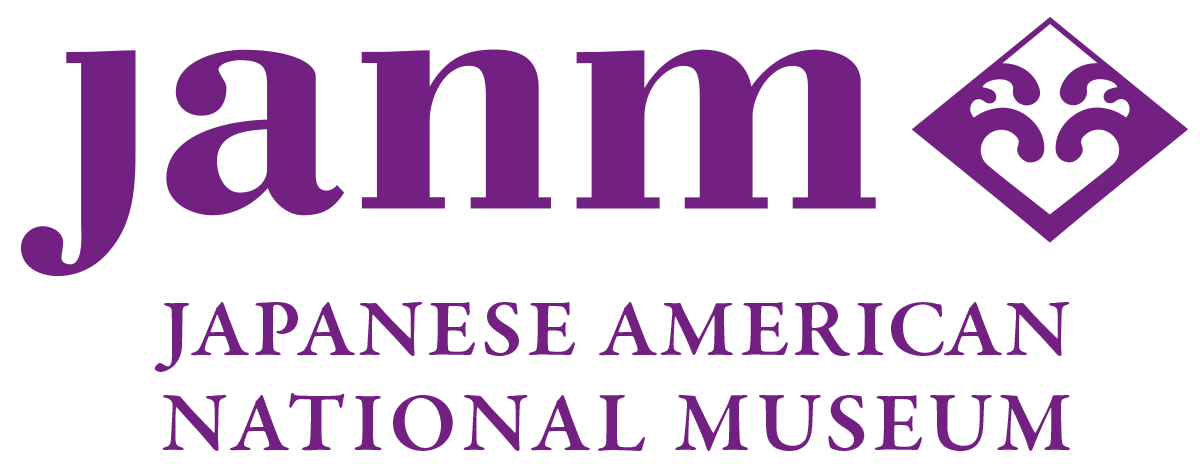FOR IMMEDIATE RELEASE - October 2, 2007
PRESS CONTACTS:
Chris Komai - ckomai@janm.org - 213-830-5648

JAPANESE AMERICAN NATIONAL MUSEUM SETS NATIONAL CONFERENCE, "WHOSE AMERICA? WHO'S AMERICAN?"
Conference Will Examine Relevance of Civil Liberties Act of 1988
As part of its year-long commemoration of the 20th Anniversary of the signing of the Civil Liberties Act of 1988, which provided an official apology and reparations to thousands of Japanese Americans unconstitutionally displaced by the U.S. government during World War II, the Japanese American National Museum’s Enduring Communities: The Japanese American Experience in Arizona, Colorado, New Mexico, Texas and Utah project will organize a national conference that will examine the successful fight for redress, relevant civil liberties issues and the local histories within these five states on July 3-6, 2008, in Denver, Colorado.
"Whose America? Who’s American? Diversity, Civil Liberties & Social Justice" is part of Enduring Communities, a three-year initiative partially funded by Toyota Motor Sales, U.S.A., Inc., the Institute of Museum and Library Services (IMLS) and Aratani Foundation, and organized by the National Museum in collaboration with educators, students and communities located in the five states. It involves regional educators and students with the goal of creating new curriculum that integrates the Japanese American World War II experience into each state’s histories. The constitutional issues involved in this story remain relevant today. To accomplish this goal, the National Museum works directly with representative educational partners in each state, including Arizona State University; Davis School District, Farmington, Utah; the Institute of Texan Cultures, University of Texas, San Antonio; the University of Colorado at Boulder; and, the University of New Mexico.
"Whose America? Who’s American?" is the third national conference organized by the National Museum since 2002 when it presented the All-Camps Summit in Los Angeles. That was followed by "Camp Connections: A Conversation About Civil Rights and Social Justice in Arkansas" in Little Rock in 2004, part of the larger Life Interrupted: The Japanese American Experience in World War II Arkansas project which was a partnership between the University of Arkansas at Little Rock and the National Museum and funded by the Winthrop Rockefeller Foundation. Almost 1,400 people participated in the conference and bus trips to two former campsites within the state.
Enduring Communities was organized on the Arkansas model. It recognizes the importance of this region to the history of Americans of Japanese ancestry, since a high percentage of those living on the West Coast during World War II were imprisoned in government-run domestic concentration camps located in these states or fled their homes and businesses in the face of the forced removal and settled in one of the five states. All of these states had pre-existing Japanese American communities before World War II as well, creating a situation in which thousands of Japanese Americans were unconstitutionally imprisoned by their own government in prison camps, while just outside the barbed wire, other Nikkei moved about freely and without supervision.
Over 30 years after the end of World War II, Japanese Americans began campaigning for redress for their unlawful treatment. The eventual passage of the Civil Liberties Act of 1988 by Congress and the signing into law by President Reagan has been called "the impossible dream", since no one during World War II or in the post-war years thought such a piece of legislation would ever succeed. It provided for an official apology from the government and $20,000 in reparations to those eligible individuals still alive when the bill became law on August 10, 1988. It required the coming together of different parts of the Japanese American community from around the country, the efforts of community organizations, the leadership of Nikkei members of Congress and the support of many non-Japanese Americans who believed that redress was the right thing to do.
Several of the sessions for "Whose America? Who’s American?" will be devoted to redress, including an overview led by Prof. Mitch Maki, co-author of the book, Achieving the Impossible Dream: How Japanese Americans Obtained Redress, and a panel of individuals who participated in the redress campaign who will provide first-person accounts of the challenges they faced at the time.
Another major topic will be "Nikkei Incarceration: World War II Assembly, Relocation, Isolation, Segregation, and Internment Camps", which will focus on imprisonment of people of Japanese ancestry by government agencies other than the War Relocation Authority (WRA). Many of these other camps were located in states like Texas, Arizona, New Mexico and Utah. The conference will also examine the histories of the pre-war Japanese communities in the five states.
Other activities are available, including optional visits to the Amache (Granada), Colorado campsite on Thursday, July 3 and Sunday, July 6. Presentations and workshops, such as "A Guide to Oral Histories: A How-to Workshop" and "Find Your Japanese American Roots" will be available Friday, July 4. A Mini Media Festival is scheduled for July 3-4 and 6 and a Youth Expo will be open July 3-6, where the work of young people (documentaries, display boards, art) will be on view.
Marking the Fourth of July will be a special veterans’ panel, "Fighting for Democracy", featuring two Japanese American Medal of Honor recipients: George Sakato of Denver and Hiroshi Miyamura of Gallup, New Mexico. Sakato fought during World War II and was recognized belatedly in 2000 by President Clinton. Miyamura served during the Korean Conflict and his Medal of Honor was held in secret while he was a prisoner of war. In conjunction with this panel, the National Museum will set up the display, Beyond the Call of Duty: Honoring the 24 Japanese American Medal of Honor Recipients, at the conference in the Centennial Ballroom Foyer of the Hyatt Regency Denver. For more information, contact the Japanese American National Museum at (213) 625-0414 or naraki@janm.org, or go to www.janm.org/projects/ec.